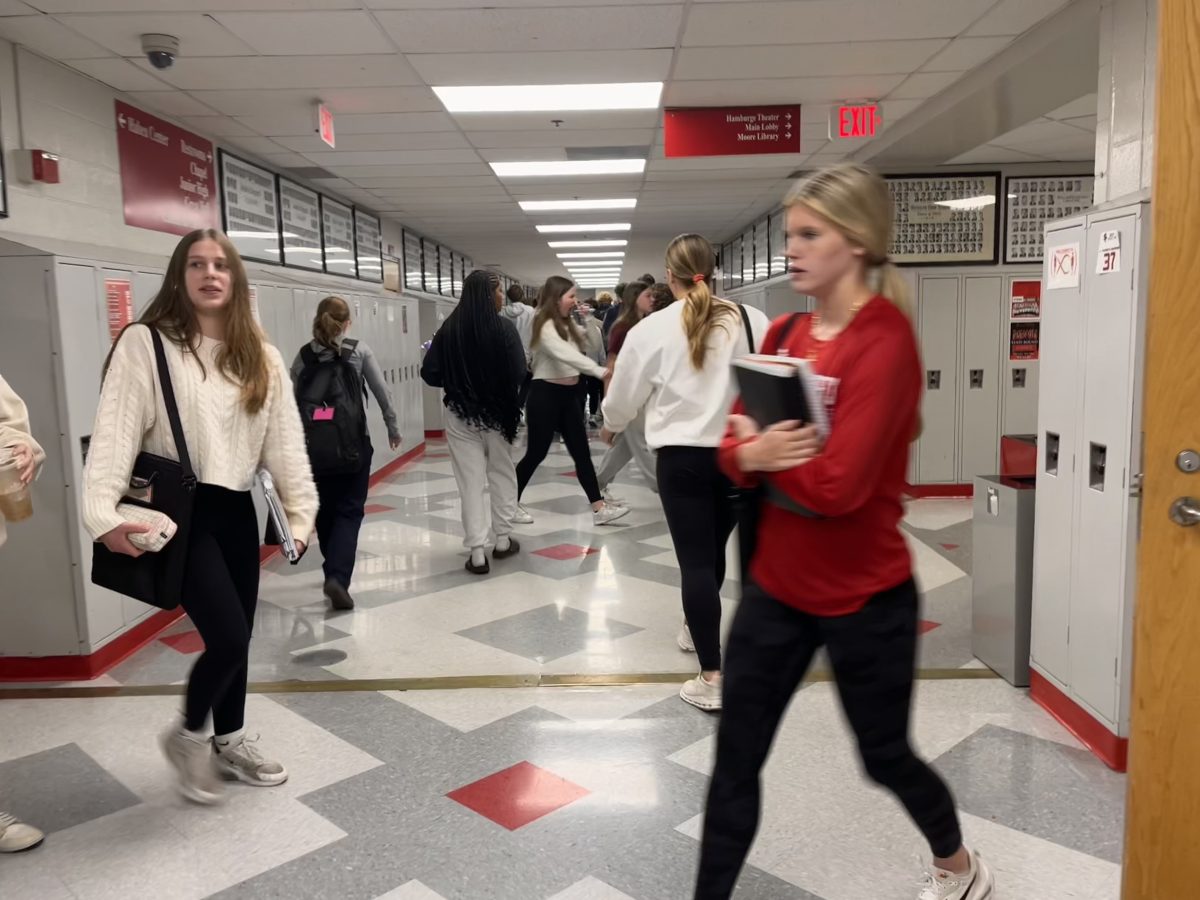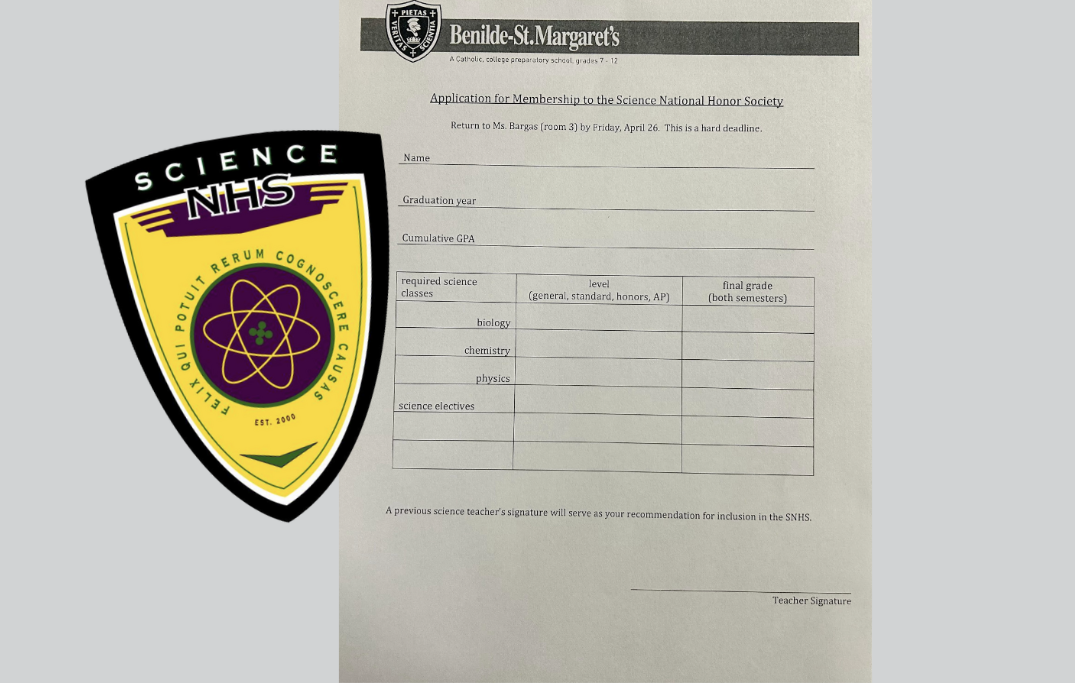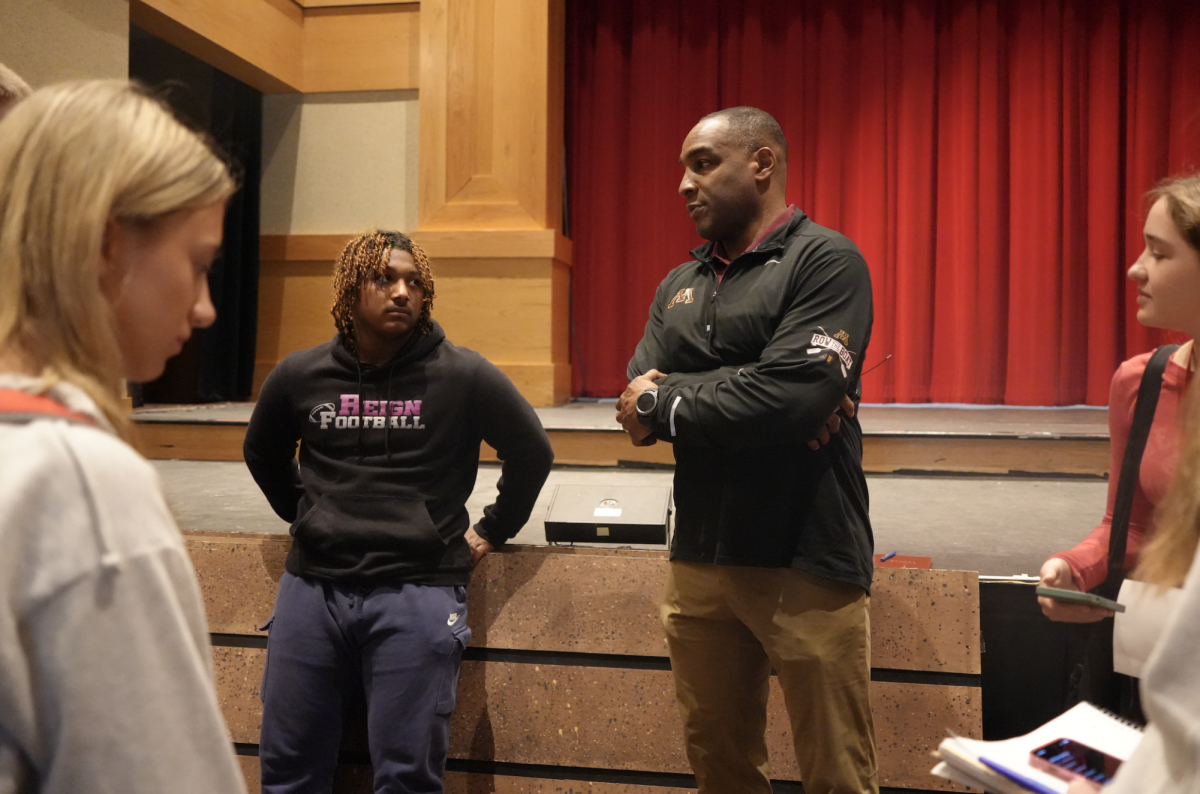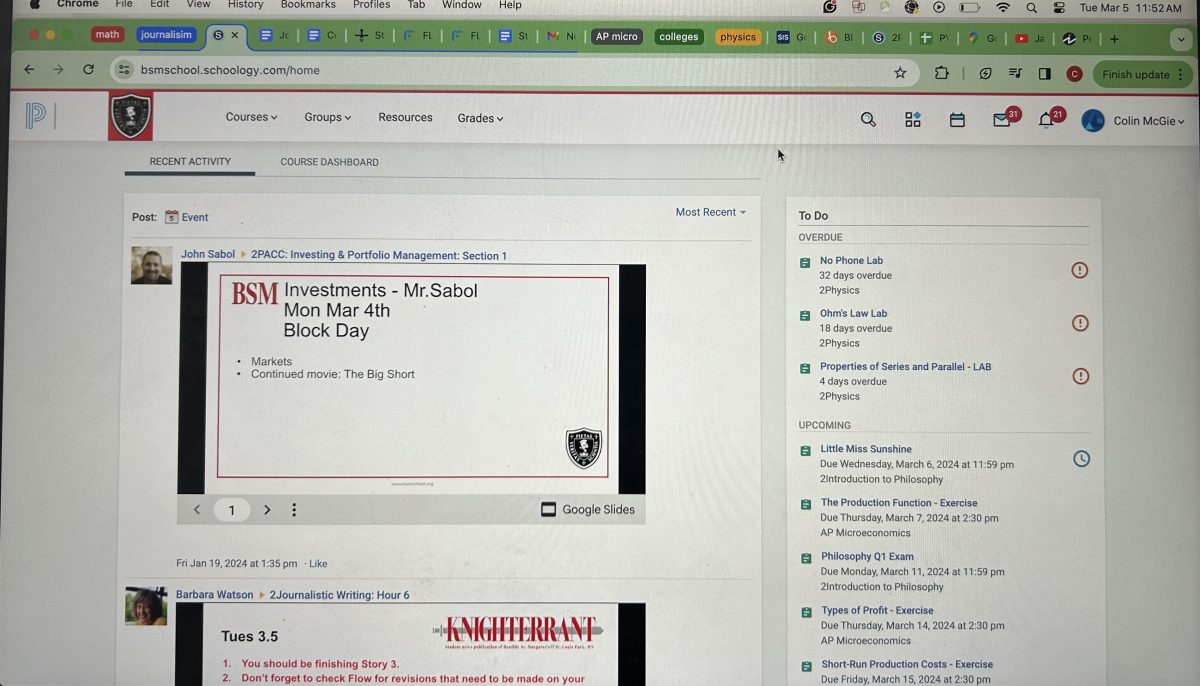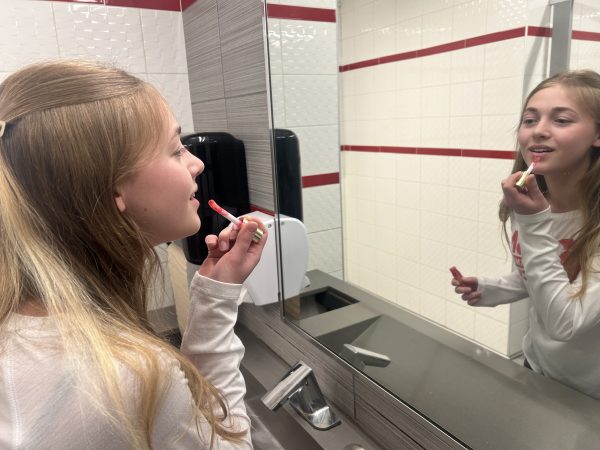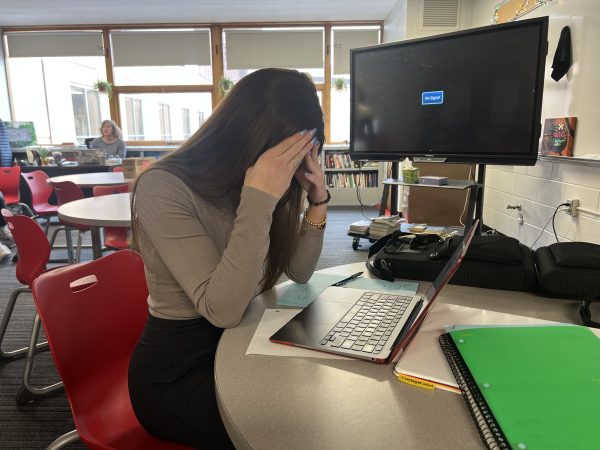Our waning interest in space hinders future progress
When I was eleven, I was reading a kids magazine in a doctor’s office and came across a colorful, two-page spread entitled “The World When You’re Forty.” Essentially, the article assumed that if you were ten years old when you were reading the magazine, by 2036 these would be the things you would have access to.
Clothes that would change color on command, mirror televisions and miniature, living giraffes were some of the coolest advancements. But what got me, as a little fifth grader, most excited was the prospect of having my kids take field trips to the moon. Today, I doubt I as an average American I will ever be able to even get into the upper atmosphere by the time I’m forty.
We as Americans have stopped having a fascination outer space. When I read the comments section of a video featuring Bill Nye or Neil deGrasse Tyson talking about space exploration, I see things like, “Why do we keep investing in NASA when we haven’t cured cancer or figured out how to feed ourselves?” This sort of cautionary warning about our current state of affairs demonstrates a fundamental lack of understanding regarding astronomical matters and economics.
First, Miss Commenter, while you may have gone to a university with an Arts and Sciences School in it when you got your Philosophy of Nihilism degree, not all fields of scientific research are similar in scope or subject—this, by the way, is why that sociologist friend of yours can’t prescribe some medication for your stupidity.
Second, when Ferdinand Magellan’s crew circumnavigated the world in 1519, we as a species still hadn’t figured out how to cure scurvy much less something as complex as unregulated and indiscriminate cell growths. If we as an intelligent, scientific community fixed only one problem at a time, not only would it be a massive waste of resources but it slow the advance of scientific knowledge and that of our entire civilization.
But I still have an interest in space because even if I never see our world as a pale blue dot amongst the stars, I know that the potential benefits to studying the larger universe outweigh any costs.
— Jack Youngblut
Third, let’s say for instance we did cure cancer, heart disease, or any other major diseases. In accordance with Malthusian theory, disease and death are the only natural predators of humans today and are the only things that keep our population from spiraling out of control. Where do you suggest we put all of these people? You said yourself that humanity has a hard enough time feeding itself as it is. There are no new continents to conquer.
Not to alarm you, but, the UN has stated that unless humanity severely curbs it’s use of fossil fuels and/or limits the overall human footprint, the planet would be rocked by “the collapse of ice sheets, a rapid rise in sea levels, difficulty growing enough food, huge die-offs of forests, and mass extinctions of plant and animal species.” All of these issues are derived at least partially by the sheer number of people that this planet supports. Imagine if we had a few dozen civilian space stations or even a terraformed planet like Mars to shoulder some of the load.
Of course the obvious issues are funding and national commitment. We as Americans pay less than 1/100th of a penny per tax dollar on NASA. To put that in perspective, almost a quarter of all tax revenue in America goes towards defense spending. This insanity is the status quo only because voters apparently find fighting preferable to exploration–– war preferable to knowledge. In many ways the reason we went to the moon in the first place is because we wanted to beat the Soviets at something beside GDP and overall quality of life. It seems that Americans are only spurred to action when our “manhood” is challenged.
Today I’m not planning on studying astrophysics or rocket propulsion in college. But I still have an interest in space because even if I never see our world as a pale blue dot amongst the stars, I know that the potential benefits to studying the larger universe outweigh any costs. Our planet is has a plethora of natural resources—imagine if we had another whole world like Mars or a moon like Enceladus from which we could extract resources. Imagine the number of new jobs that could be created on a colony. And there is always the possibility that the farther we explore our galactic neighbors, the greater the chance that we may encounter extraterrestrial life. The risks of doing nothing are greater than the potential risks of doing something.
We need to re-engage not only the youth of the world—who already have demonstrated a desire for further space exploration—buth their parents and relatives, who form the backbone of America and who actually have the political and social ability to change this country’s policy on on spaceflight. If we don’t adapt and change like our ancestors did when they crossed the mountains and settled in distant lands, then we won’t just lose an opportunity to take a field trip to the moon. We’ll lose our way of life.



